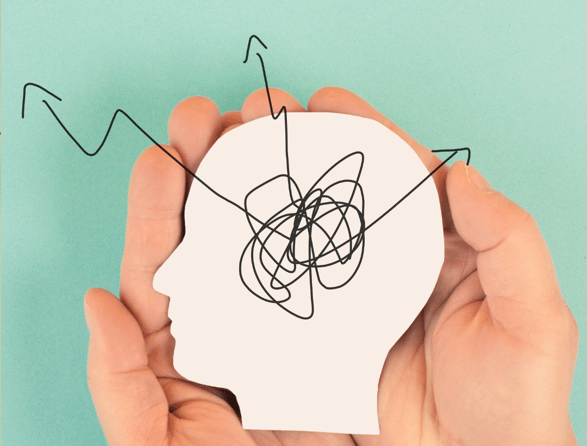Debunking Common Myths About Mental Health
Mental health is a crucial aspect of our overall well-being, yet it remains shrouded in myths and misconceptions. Dispelling these myths is essential for fostering a more informed and supportive society.
Mental health is a crucial aspect of our overall well-being, yet it remains shrouded in myths and misconceptions. Dispelling these myths is essential for fostering a more informed and supportive society.
Let's explore and debunk some prevalent myths about mental health:
Myth: Mental health issues can't affect me.
Fact: Mental health can impact anyone, regardless of age, gender, or background. Acknowledging its universal relevance is the first step towards understanding and addressing mental health challenges.
Myth: If a person has a mental health condition, it means the person has low intelligence.
Fact: Intelligence and mental health are distinct. Mental health conditions have no bearing on a person's intellectual capacity. Such stereotypes perpetuate stigma and hinder open conversations about mental health.
Myth: Mental illness is incurable and lifelong.
Fact: Many mental health conditions are treatable with appropriate care and support. Recovery is possible, and seeking help is a vital step towards well-being.
Myth: People with mental health conditions are born with them.
Fact: Mental health conditions can develop at any point in life due to various factors, including genetics, environmental influences, and life experiences. Understanding these complexities promotes empathy and reduces stigma.
Myth: Only weak people experience mental health issues.
Fact: Mental health struggles have no connection to personal strength. Anyone can face challenges, and seeking support is a sign of courage, not weakness.
Dispelling these myths is crucial for creating a society that promotes understanding, compassion, and accessibility to mental health resources. Let's work together to break the stigma surrounding mental health and foster an environment where everyone feels supported in their journey to well-being.


